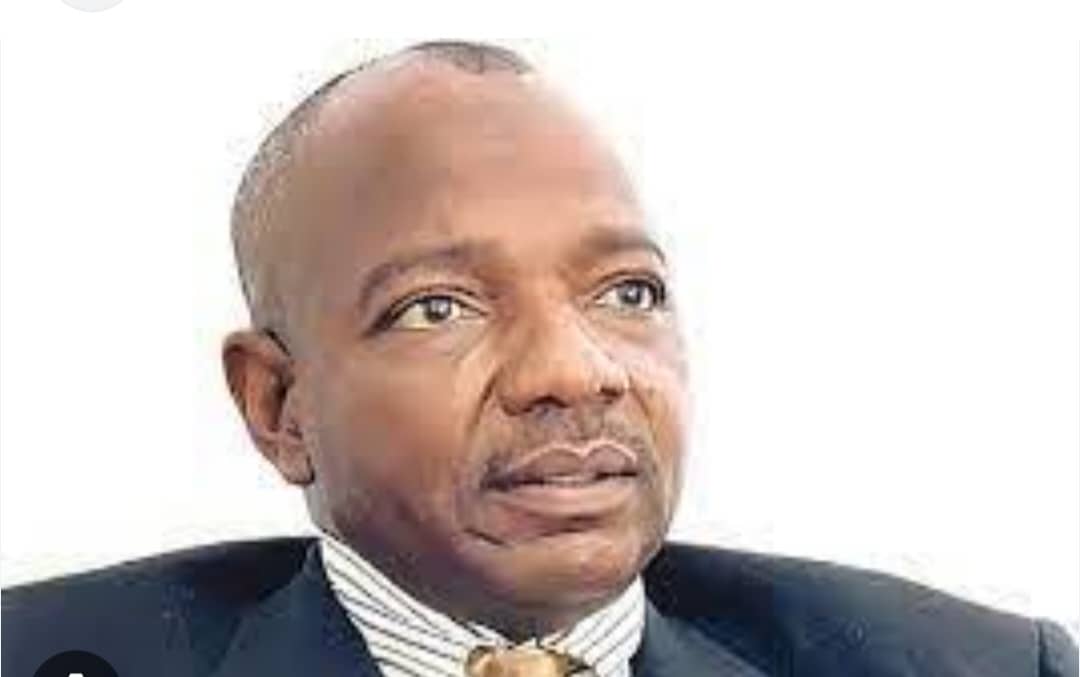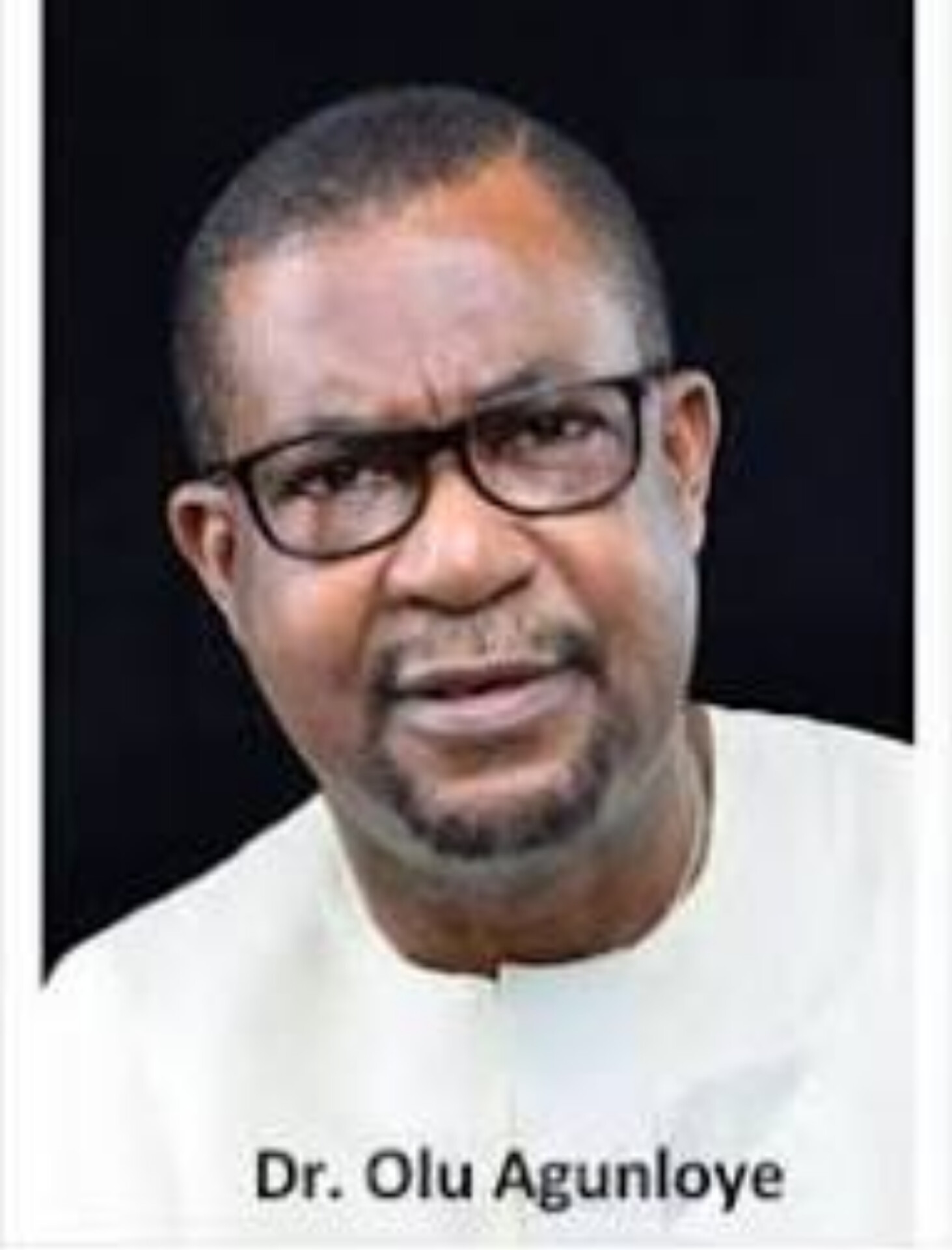By Shehu Usman Iyal
It is not unusual in parts of Northern Nigeria, for a new child to be named after his place of origin, by the parents. It was a way of imprinting the very home address of a child especially when he begins to mingle with the broader society. This explains why we’ve had dignitaries like Nigeria’s Second Republic President, Shehu Usman Shagari; former Inspector General of Police, (IGP), Ibrahim Gambo Jimeta, and one-time Minister of Works, Major General Mamman Kontagora, christened after their aboriginal domains. The case of General Aliyu Mohammed Gusau, is slightly different, however.
He was born May 18, 1943 and simply named Aliyu Mohammed. The suffix to his cognomen did not come until he was an adolescent. The addition of “Gusau” his birthplace and today’s capital of Zamfara State, after his original name, was done by the Nigerian Army. He had a classmate in the military academy who bore the same first and second names with him! It became imperative to coin an enduring differentiation between both young army cadets which culminated in the annexation of Gusau to his primary name. Abdul One Mohammed, also a retired army General and younger colleague of the Gusau generation by the way, also had the English word “one” invented into his name in circumstances similar to Gusau’s, in the military academy.

The name “Gusau” stuck. Even though the elder statesman hardly uses it in self reference, it has survived the trajectories of his exemplary military career, becoming his better known identity. Yet, the essential Aliyu Mohammed Gusau, breaks every barrier of creed, class and ethnicity that may be suggested by his name. Taciturn, deeply calculative, Gusau has been part of everything that came his way. A good student in the continuous interplay of the laws of cause and effects, he does not allow things to just happen. He is ever ready to assume responsibility. Little wonder he has been part of every chapter of Nigerian history for more than five decades. From the Nigerian civil war of 1967 to 1970, and onwards to successive military excursions on Nigeria’s political stage, to preparing the grounds for democratic rule, Gusau certainly occupies more than a footnote in the nation’s story. A commentator indeed once described him as ‘the Nigerian history!’ Most fittingly, probably.
Or how else can one describe a man who enrolled in the Nigerian Defence Academy, NDA in 1964, as member of the Regular Course One, with icons like late Generals Oladipo Diya, Ishola Williams, Joshua Dongoyaro and Admiral Alyson Madueke? He got commissioned at the onset of the civil war in 1967 and went on to hold several strategic command positions including becoming the Chief of Army Staff, (COAS). It is gratifying enough in the uniformed services to make the rank of General. It is an icing on the cake to be appointed to the overall headship of your Service. Gusau would subsequently become National Security Adviser, (NSA), a position in which he served a record three different Nigerian Presidents, military and civilian.
He was first appointed into that office in 1993, under the President Ibrahim Babangida (IBB) military junta. Former Presidents Olusegun Obasanjo and Goodluck Jonathan both reappointed him into that same brief. He was for a brief period Chief of Army Staff, (COAS), under the shortlived Ernest Shonekan Interim National Government, (ING). The contraption was hurriedly strung together by Babangida as he bowed to popular pressure to exit the political space in 1993. The effective deployment of Gusau’s cognate experience has helped in no small measure in stabilising the nation’s democracy. His creative contributions are believed to have assisted in laying foundation for Nigeria’s subsisting longest ever democratic window. This has severally witnessed the transition of power from a civilian-to-civilian governments in the last 24 years.
Gusau always distinguished himself in professional and national assigned to him. He was variously Commandant of the NDA; Director of the Defence Intelligence Agency, (DIA); and Director-General of the National Security Organisation, (NSO). He was also Coordinator of National Security, (CNS), a position he deployed to the restructuring of the nation’s security organs, consistent with global best practices. It is to his credit that today’s Department of State Services, (DSS), National Intelligence Agency, (NIA) and Defence Intelligence Agency, (DIA), were unbundled from the relics of the former NSO.
Gusau is a General’s General and a multiplex tactician. His expertise extends to the murky waters of Nigerian politics. In the months preceding military disengagement from politics and return to the barracks in 1998 to 1999, he was among the founding fathers of the Peoples’ Democratic Party, (PDP). It is noteworthy, that the party dominated Nigeria’s national politics for 16 unbroken years, until it lost out in 2015. It is instructive that Gusau himself made two unsuccessful attempts at the presidency, to underscore his faith in the democratic system of governance. Instructively, his son, Mahdi, was Deputy Governor of Zamfara State between 2019 and 2022, while his daughter is wife to Baba Datti-Ahmed, the Vice Presidential candidate of Labour Party, (LP), in the recently concluded general elections.
Gusau’s erudition and brand of human-centric engagement place him above his peers. I should know as his longstanding mentee and protege. We are not only from the same Northwest zone of the country, I indeed served under him when he was NSA under a pre-Obasanjo era military regime. His office had direct responsibility of the Presidential Air Fleet, (PAF), given the sensitivity of the unit to the safety and security of the Commander-in-Chief. I was Personal Assistant, (PA) to Chief (Mrs) Joy Ayo who was Director-General on National Security, overseeing the bureaucracy in the Office of the National Security Adviser, (ONSA). I was also privileged to serve under him in the Obasanjo administration, having previously worked with him in the months preceding Obasanjo’s election and inauguration. My aviation service flew the former President all through his campaign. While he was NSA, I was a senior aide to the President on aviation. My official schedule and preexisting relationship with him, necessitated regular interface with the office and person of the NSA. General Gusau’s doors were ever open, even as he would typically call you by your very first name, for a man who meets several people every day.
At four-score, it is a mystery how he gets the energy he deploys to the achievement of Nigeria of our dream. He is regularly consulted on prickly national issues, much as he should be savouring his desired retirement. These days, he commits his attention and energy to the development of the Gusau Institute in Kaduna, which was inaugurated about a decade ago. Over time, Gusau had gathered an impressive array of books and rare documents into a sizeable collection focusing on military affairs, international politics, the intelligence arts, strategic studies and geo-politics. They form the core collection of the Aliyu Mohammed Research Library, (AMRL) based at the institute. It is probably one of the very best private research facilities in Nigeria. The mission statement of the institute among others is that “the AMRL will become the preferred African Research Facility and Information Centre for selected scholars with a specific interest in the above-mentioned fields.”
Easy-going, unassuming and usually immaculately dressed in his preferred kaftan or babanriga as the occasion demands, Gusau’s scant vesture belies his vast intellect. He is a lover of intellection who is versatile in many areas of human endeavour. But it is his language skills, that make him truly enigmatic. This is conveying happy birthday wishes to a respected uncle, father-figure, untiring patriot and statesman par excellence!
Shehu Usman Iyal, OON, a pilot and aviation services expert, served as adviser to the Obasanjo, Umaru Yar’Adua and Jonathan regimes, respectively. He is the MD/CEO of AFR-AIR International Ltd, a Fixed Base Operator, (FBO), at the General Aviation Terminal, Murtala Mohammed Airport, (MM1), Lagos*




